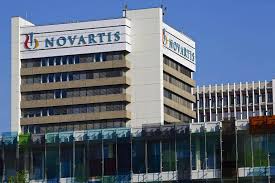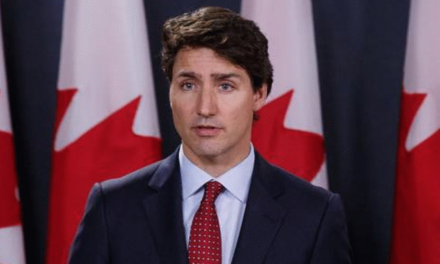Novartis
3 August 2020
Novartis agreed to pay over $729 million in two separate settlements resolving claims that it violated the False Claims Act (FCA). The settlement was entered into in the US District Court for the Southern District of New York.
The company is alleged to have used three foundations to make co-payments of Medicare patients taking Novartis’s drugs Gilenya and Afinitor. The is the first settlement. The second settlement involves alleged payments of kickbacks to doctors.
Novartis paid $729million for domestic FCA and Anti-Kickback violations and $337 million for FCPA violations. The Anti-Kickback Statute prohibits anyone from paying, money or any other thing of value, to induce referrals of items or services covered by Medicare, Medicaid, and other federally funded programs. It covers improper payments to providers as well as to patients’ co-pay obligations.
Novartis hosted tens of thousands of speaker programs and related events under the guise of providing educational content. Doctors were invited to speak in these programs and they were paid a fee. In reality there was hardly any educational content in those programs. Sometimes the doctors were paid even without speaking in these programs but merely for prescribing Novartis drugs.
This conduct undermines the purpose of the Medicare program and it illegally subsidized the high costs of Novartis’s drugs at the expense of taxpayers.
Not only Novartis but the entire pharmaceutical industry is corrupt and they adopt tactics similar to those of Novartis. Even though there are many rival pharmaceutical companies, the industry is basically monopolistic. Huge research and development expenditure along with high capitalisation required prevent any new entrant into the industry.
Generic pharmaceuticals manufacturers can enhance competition in the drug market by offering more choice and by lowering drug prices to the benefit of consumers. Big pharmaceutical companies use their intellectual property rights to delay or to prevent generic entry. They will smother the new entrants if the find that they could erode their profits.
Internationally, governments are involved in one way or another in the prescription of drugs. The governments should play a role in creating a healthy balance between the use generic drugs and innovative drugs.
Imposing fine is not a solution to the problem. Governments should be proactive and be more involved in the industry to control costs to the tax payers and the general public. A fine of $1 billion will not make a significant dent in the profits of these companies. Novartis reported a net income of just under 12 billion U.S. dollars in 2019. A settlement of $ 1 billion is insignificant compared to the profits the company makes. Furthermore, the company will increase the future drug prices to cover the cost fines and settlements as well. It is ultimately the consumer who bears the brunt of the cost of fines and settlements.
Anti-corruption digest reported.















